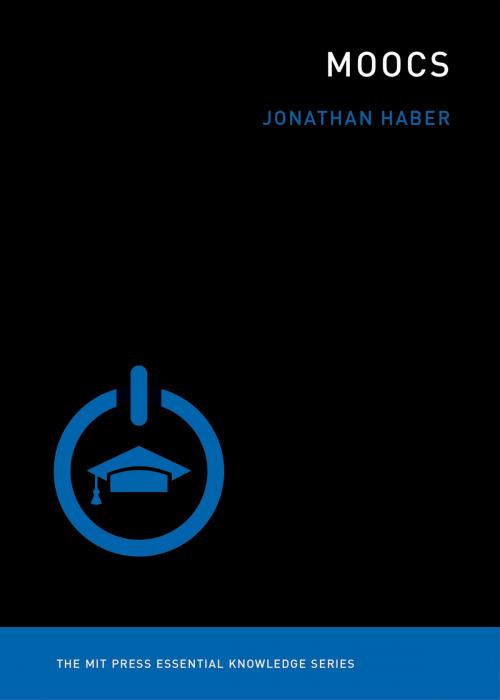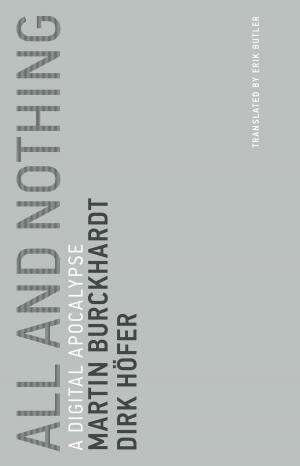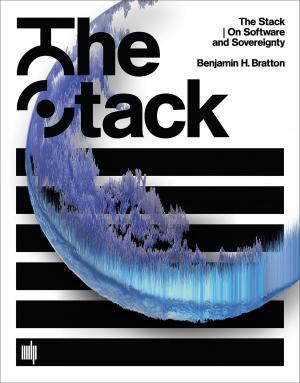MOOCs
Nonfiction, Reference & Language, Education & Teaching, Teaching, Computers & Technology, Higher Education| Author: | Jonathan Haber | ISBN: | 9780262322997 |
| Publisher: | The MIT Press | Publication: | September 26, 2014 |
| Imprint: | The MIT Press | Language: | English |
| Author: | Jonathan Haber |
| ISBN: | 9780262322997 |
| Publisher: | The MIT Press |
| Publication: | September 26, 2014 |
| Imprint: | The MIT Press |
| Language: | English |
Everything you always wanted to know about MOOCs: an account of massive open online courses and what they might mean for the future of higher education.
The New York Times declared 2012 to be “The Year of the MOOC” as millions of students enrolled in massive open online courses (known as MOOCs), millions of investment dollars flowed to the companies making them, and the media declared MOOCs to be earth-shaking game-changers in higher education. During the inevitable backlash that followed, critics highlighted MOOCs' high dropout rate, the low chance of earning back initial investments, and the potential for any earth-shaking game change to make things worse instead of better. In this volume in the Essential Knowledge series, Jonathan Haber offers an account of MOOCs that avoids both hype and doomsaying. Instead, he provides an engaging, straightforward explanation of a rare phenomenon: an education innovation that captures the imagination of the public while moving at the speed of an Internet startup.
Haber explains the origins of MOOCs, what they consist of, the controversies surrounding them, and their possible future role in education. He proposes a new definition of MOOCs based on the culture of experimentation from which they emerged, and adds a student perspective—missing in most MOOC discussion. Haber's unique Degree of Freedom experiment, during which he attempted to learn the equivalent of a four-year liberal arts degree in one year using only MOOCs and other forms of free education, informs his discussion.
Haber urges us to avoid the fallacy of thinking that because MOOCs cannot solve all educational challenges they are not worth pursuing, and he helps us understand what MOOCs—despite their limitations—still offer the world. His book is required reading for anyone trying to sort out the competing claims, aspirations, and accusations that color the MOOC debate.
Everything you always wanted to know about MOOCs: an account of massive open online courses and what they might mean for the future of higher education.
The New York Times declared 2012 to be “The Year of the MOOC” as millions of students enrolled in massive open online courses (known as MOOCs), millions of investment dollars flowed to the companies making them, and the media declared MOOCs to be earth-shaking game-changers in higher education. During the inevitable backlash that followed, critics highlighted MOOCs' high dropout rate, the low chance of earning back initial investments, and the potential for any earth-shaking game change to make things worse instead of better. In this volume in the Essential Knowledge series, Jonathan Haber offers an account of MOOCs that avoids both hype and doomsaying. Instead, he provides an engaging, straightforward explanation of a rare phenomenon: an education innovation that captures the imagination of the public while moving at the speed of an Internet startup.
Haber explains the origins of MOOCs, what they consist of, the controversies surrounding them, and their possible future role in education. He proposes a new definition of MOOCs based on the culture of experimentation from which they emerged, and adds a student perspective—missing in most MOOC discussion. Haber's unique Degree of Freedom experiment, during which he attempted to learn the equivalent of a four-year liberal arts degree in one year using only MOOCs and other forms of free education, informs his discussion.
Haber urges us to avoid the fallacy of thinking that because MOOCs cannot solve all educational challenges they are not worth pursuing, and he helps us understand what MOOCs—despite their limitations—still offer the world. His book is required reading for anyone trying to sort out the competing claims, aspirations, and accusations that color the MOOC debate.















